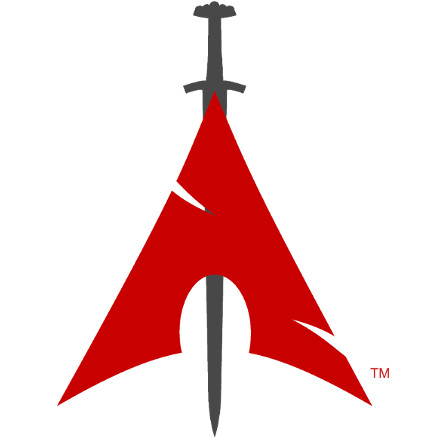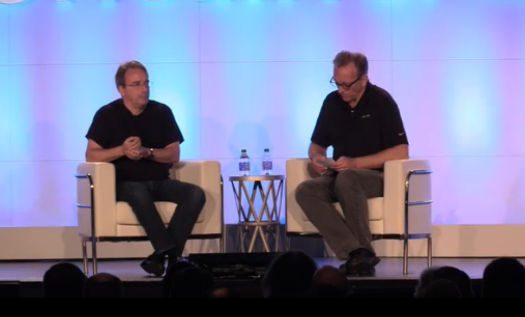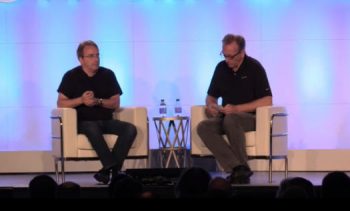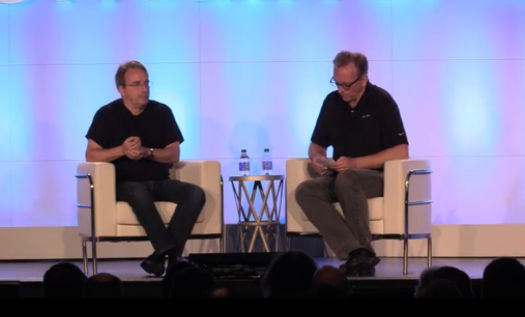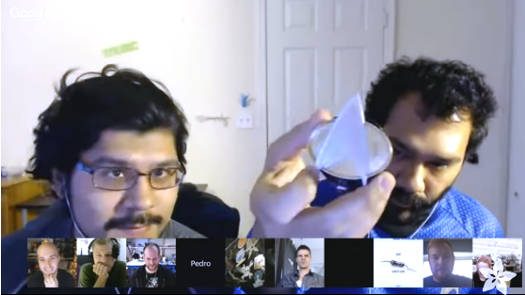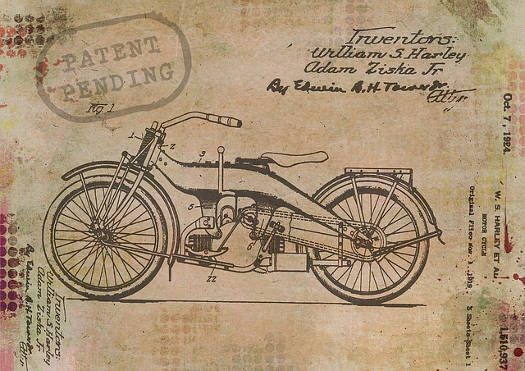Would you like to use a Raspberry Pi as a topflight security tool? Here’s how to install BlackArch Linux on a Pi to get you on your way.
The Raspberry Pi Report
Currently Kali Linux is the de facto OS for those looking to do security research or penetration testing, but that could be changing in the months and years to come. This month BlackArch Linux, another penetration testing OS, released new ISOs that could put it ahead of Kali. BlackArch now includes over 1,500 tools for penetration testing and security research as well as support for kernel 4.7.1. In the months to come, I’ll write about using select tools from BlackArch on the Raspberry Pi, but in order to get to that point, we first need to install it. Instead of taking any credit for the install steps or reproduce them over again, I’m simply going to provide links to the same steps that I found and followed which lead me to a successful install of both Arch Linux and BlackArch on my Raspberry Pi 3.

